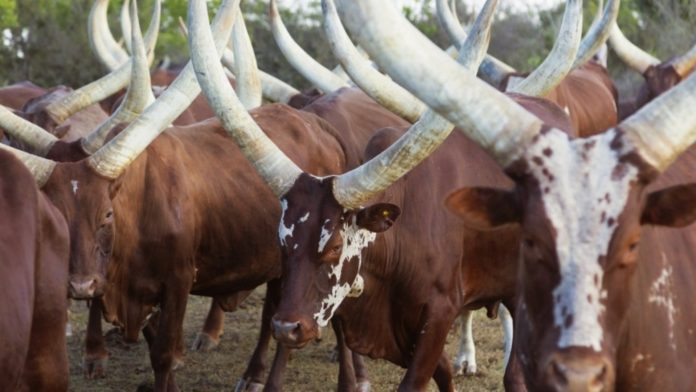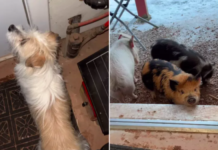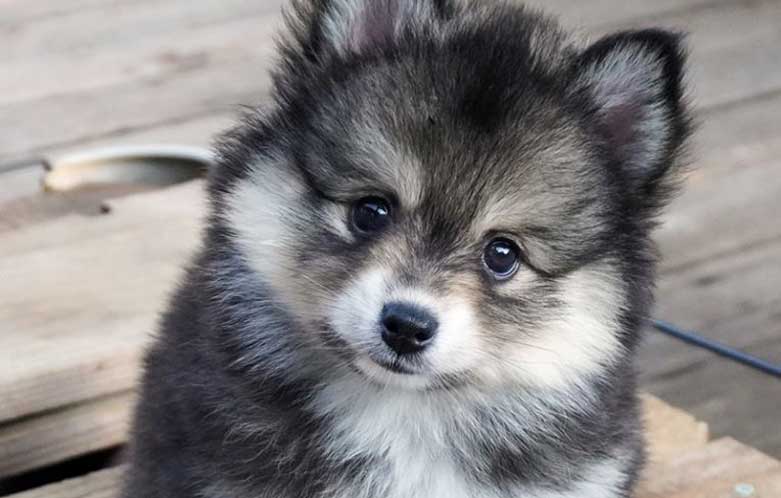Last Updated on January 21, 2024 by Fumipets
Do All Cows Have Horns?
We have all seen a herd of cattle while traveling down the road. Most of us give these amazing animals a fleeting look before going about our daily business. However, there were a few things we kept pondering on. In the field, several of the animals lacked horns. They are the female cows, by extension. The bulls are the two that did have horns. Right? Wrong. Yes, we’ve all made the error and most certainly will continue to do so, but horns do not indicate sex. So do all cows have horns?
Has a cow always had horns? Unless science intervenes, the answer is yes. Some breeds of cattle are born without horns and never get them. They are referred to as polled cattle. However, the majority of breeds, particularly dairy cows, are born without horns. Although the majority of us are used to just seeing bulls and steers with horns, the ladies of the herd also have elaborate headdresses. To understand why cows have horns, let’s study a little more about cows and their horns.
Understanding the Terms Used for Cattle
It’s crucial to comprehend the lingo used when discussing cows and their horns before we get too deeply into the subject. Identification will be simpler as a result. Here, we’ll look at those words and what they signify.
• Cow – a female cow that has given birth to one or more calves.
• Heifer – a female who has yet to birth a calf.
• Bull – a cattle male that is still intact.
• Steer – a male that has been castrated.
• Calf – a cattle baby either male or female.
• Cattle – both genders together or separate.
As you can see, there are a variety of phrases that are used when referring to cows. Until we come across a bull, the majority of us ordinary people just refer to them as cows. In any case, bear in mind that, barring certain varieties, both male and female cattle are born with horns.

Why All Cows Have Horns
Divergent viewpoints exist on the purpose of cows’ horns. Some people think that the horns might assist with body temperature regulation. Some people believe that horns might aid a cow’s digestion. However, protection may be the main driver behind calves developing horns. Similar to bulls and steers, cows would be better equipped to defend themselves against predators and even protect their young if they had a massive pair of horns.
What Are Polled Cows?
Cows lacking horns at birth are called polled cows. Most often, this is accomplished by controlled breeding to aid in the horn-reduction efforts of other cow breeds. Whenever a polled bull mates with unpolled females. Most likely, polling will also include the children. Farmers that breed cattle and must dehorn their calves will find this to be a convenience.
When Do Horns Develop?
Cows have horn buds from birth. At first, these little lumps on their heads are hardly discernible, but they quickly grow more obvious. Initially, the skeleton of the cow is also split from these buds. The bones will merge and the horns will start to completely develop by the time a calf is three months old.

The Advantages of Horn Removal
It is safer to be near cows that have had their horns removed. Cows weigh around 1500 pounds on average. With a horn on its head, an animal of this size is capable of great harm. Most farmers make an effort to prevent the harm that horns may do to people’s property and bodies.
The additional benefit of saving space is horn removal. More space is needed for a cow with a complete set of horns. They may inflict harm on other cows, even their own calves, if sufficient space is not provided. Horns are also susceptible to harm. Cows may lose excessive amounts of blood or get infected when they break or snap off.
The Disadvantages of Horn Removal
The fact that horn removal renders a cow helpless may be its largest drawback. Although cows are large, they are not inherently hostile. Cows and calves are unable to defend themselves against predators without their horns. The steers and bulls step in at this point to maintain safety on the farm.

Is Dehorning Painful?
Yes, it hurts to dehorn a cow. When a cow’s horns have completely developed and are bonded to the bones, dehorning is performed. Due to this, the majority of farmers decide to de-bubble their calves while they are still very young. While still unpleasant, de-budding is far less intrusive than having an adult cow’s horns removed.
The horns of the cows with horns might also be blunted or attempted to be filed down in order to make humans and other animals safer. The horns are still there, but they are far less lethal than if they had been allowed to develop naturally.
Conclusion
As you can see, unless they have been intentionally bred as polled cattle, all cows are born with horns. While a cow’s horns may develop into something lovely and impressive, they are just too challenging for farming life. Make careful to stare at a cow while it is young if you want to see its horns. Your only opportunity could be there.
https://www.youtube.com/watch?v=ov3Cru9v9RQ


















